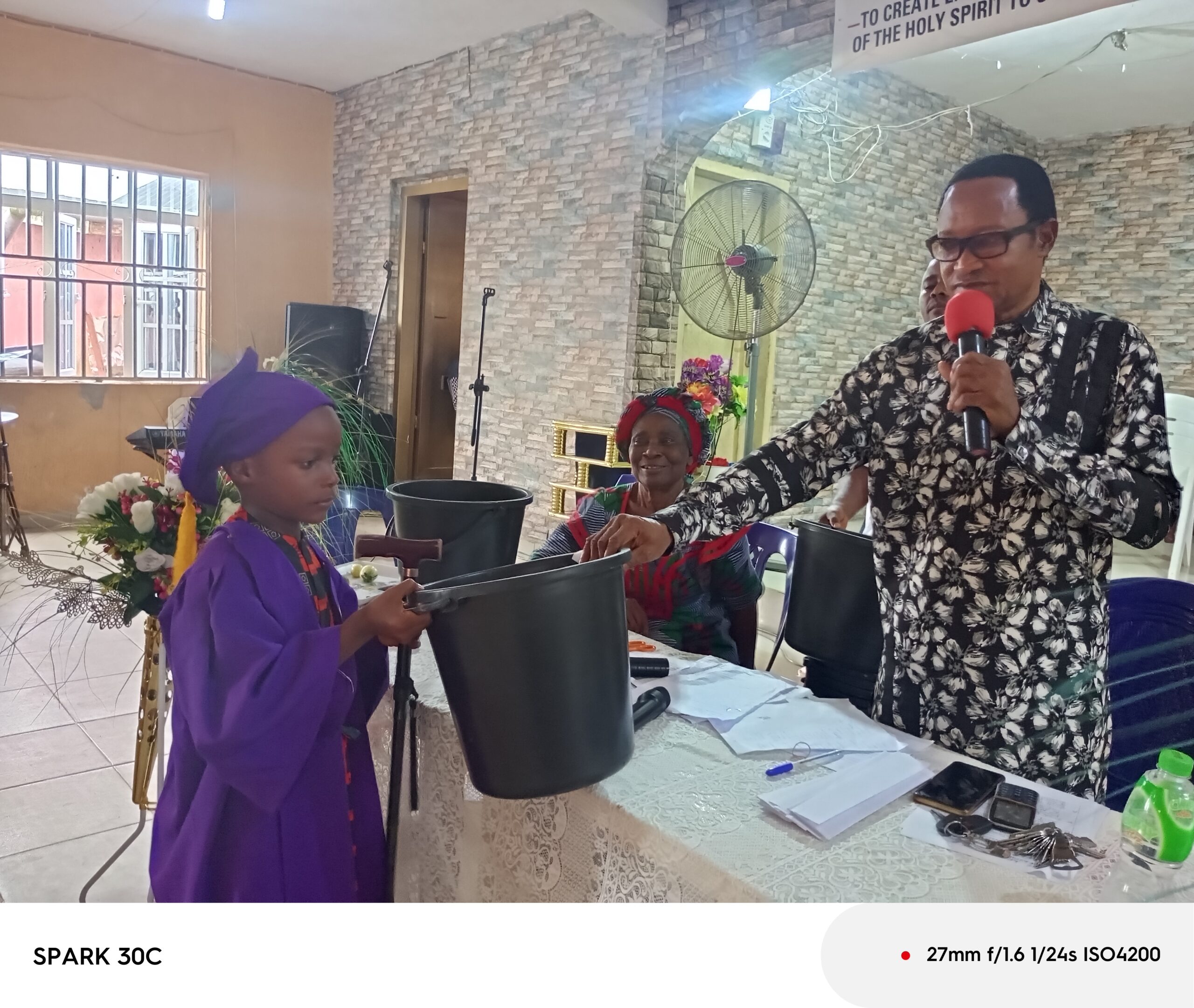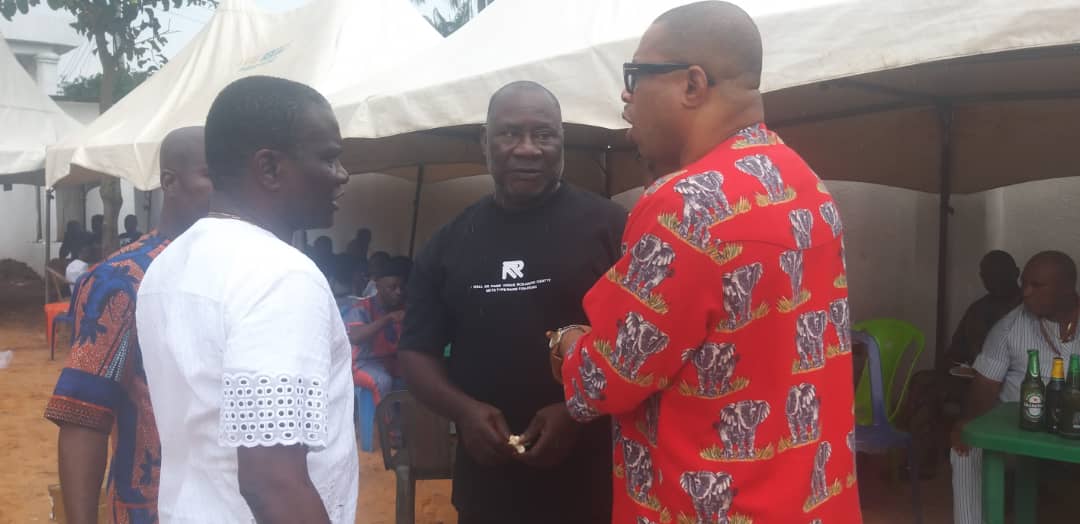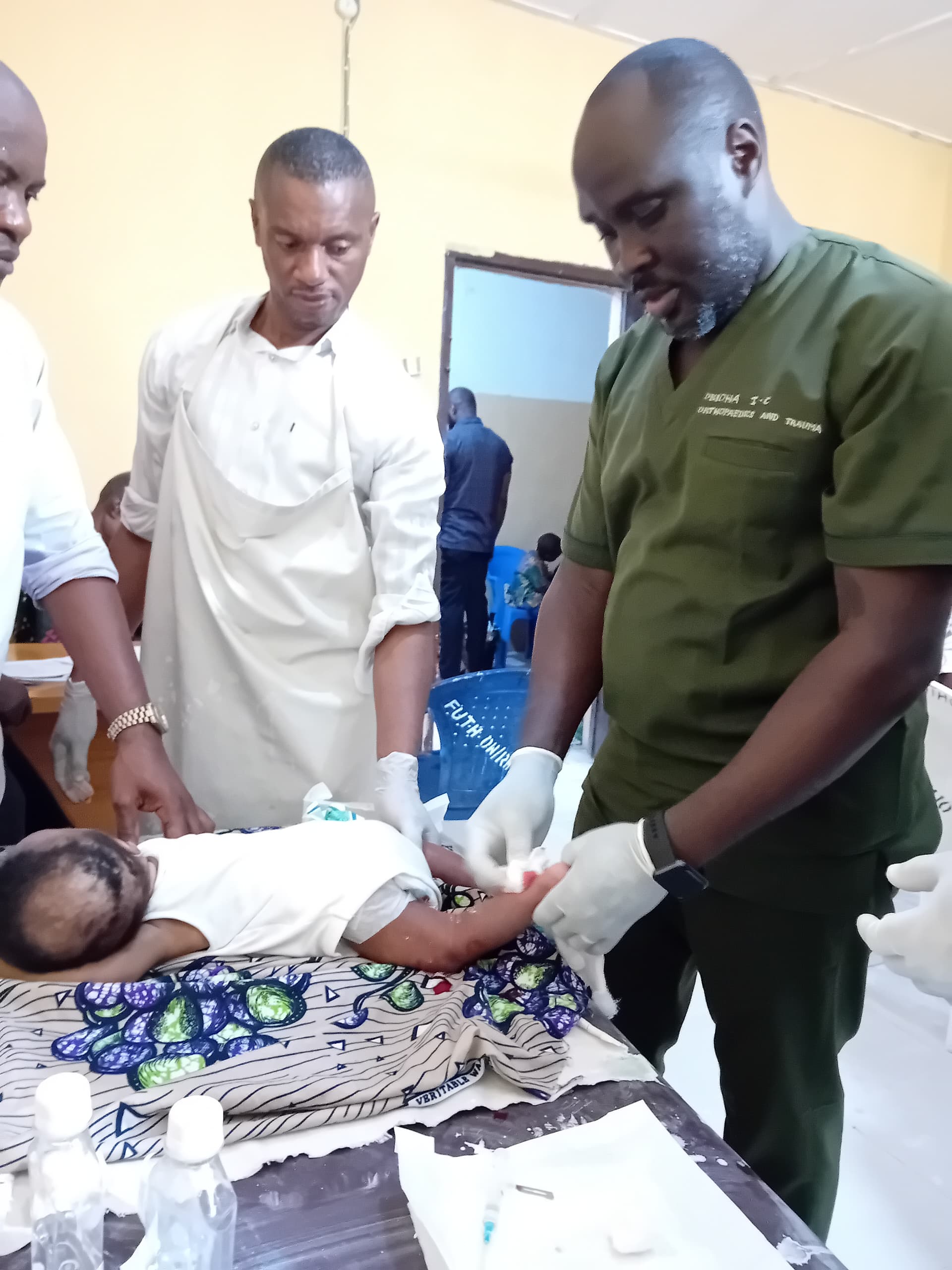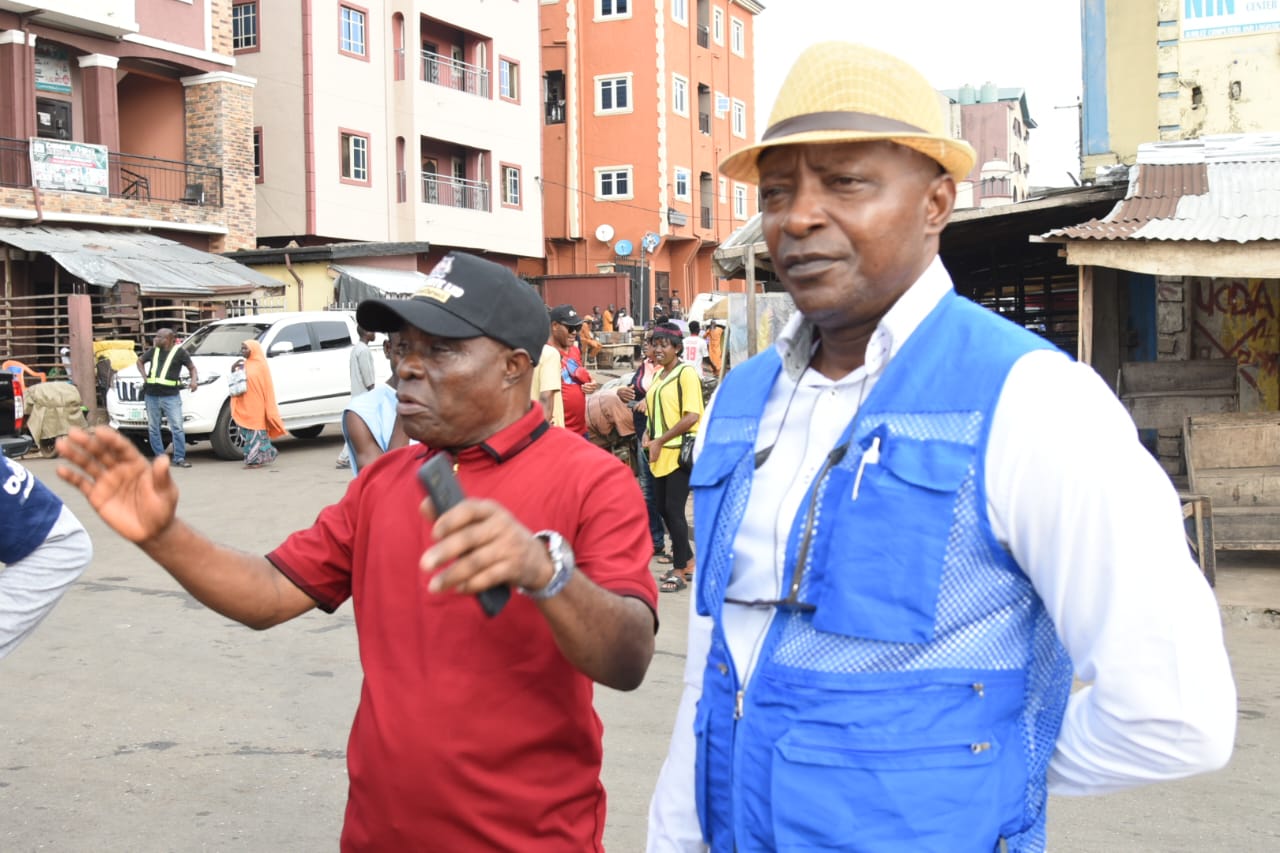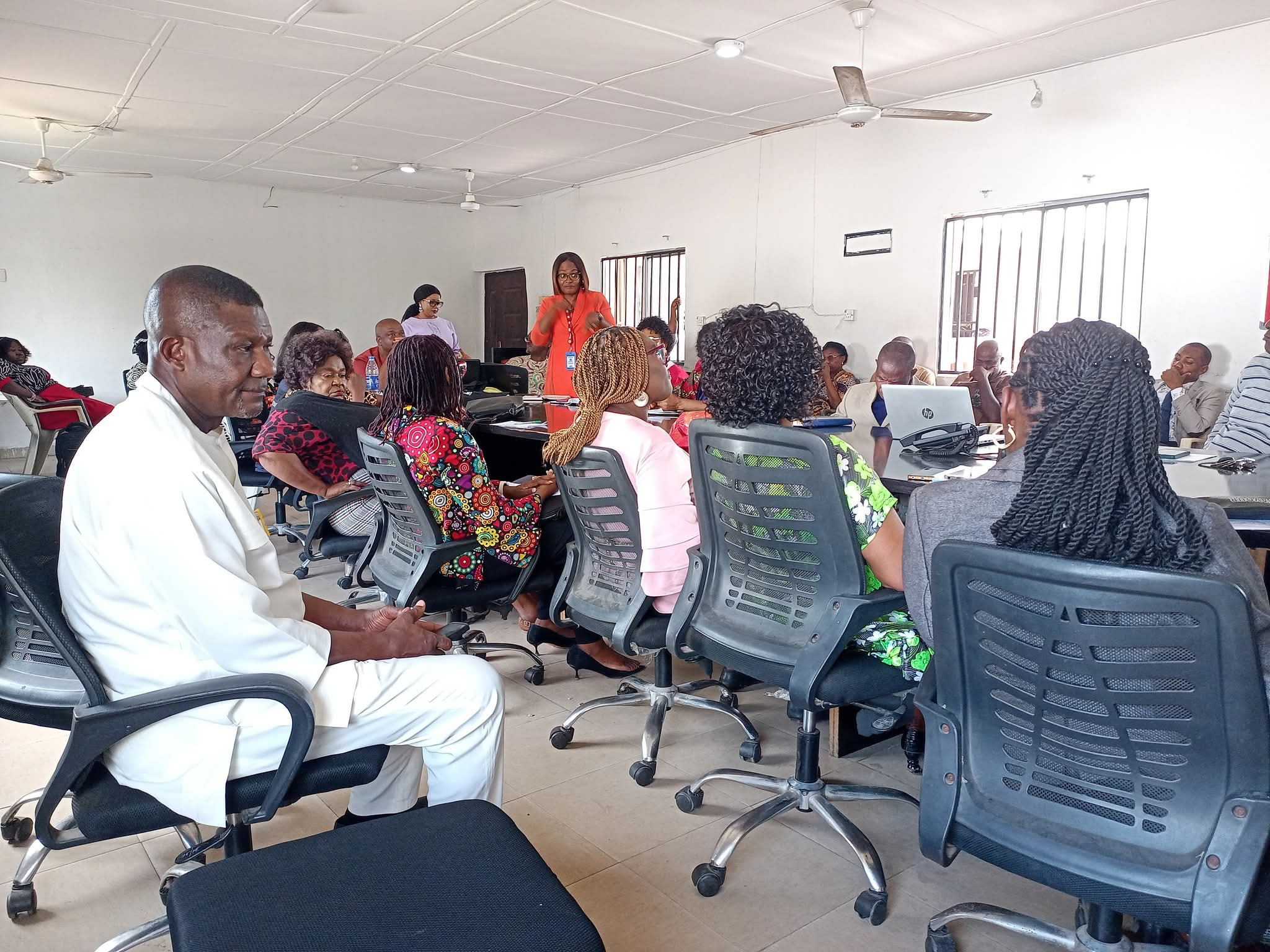
From TCNEWS
The Director of the National Orientation Agency (NOA), Abia State Secretariat, Comrade Victor Orji, has urged health stakeholders to seize upcoming opportunities to expand public awareness, especially among women, in a collaborative effort to boost human papillomavirus (HPV) vaccination coverage in Abia State.
Orji made this strategic recommendation during a Stakeholders/Social Mobilization Committee (SMC) meeting, held at the Abia State Primary Health Care Development Agency (ASPHCDA) in Umuahia. The meeting was convened to assess the performance of the HPV vaccination campaign in the state over recent months and to fine-tune strategies ahead of the next phase.

Addressing the gathering, which included health officials, community leaders, and development partners, Orji proposed leveraging the Pentecostal Fellowship of Nigeria (PFN) Women’s Conference, scheduled for Saturday, July 12, 2025, as a platform to sensitize women about the importance of vaccinating their children against HPV.
“This conference presents a rare opportunity to engage thousands of women directly, mothers, caregivers, and community influencers. If we act now, we can significantly shift perception and boost vaccination uptake,” Orji said.
The proposal was met with widespread support from the stakeholders, who commended the NOA’s ongoing commitment to health advocacy. Representatives from the ASPHCDA assured Orji that plans were already underway to include HPV education in the PFN event’s agenda, with targeted outreach materials and resource personnel lined up to engage participants.
HPV is a common sexually transmitted infection known to cause cervical cancer, among other diseases. The Nigerian government, through the National Primary Health Care Development Agency (NPHCDA), recently introduced the HPV vaccine into the national immunization schedule for girls aged 9 to 14, in line with global health recommendations.

Stakeholders at the meeting acknowledged that although initial rollout figures in Abia State were encouraging, there remain challenges, including misinformation, cultural misconceptions, and logistical constraints, that require innovative engagement methods.
With Nigeria’s ongoing commitment to reducing vaccine-preventable diseases, the incorporation of community-driven platforms such as religious gatherings is seen as a key tactic in expanding outreach and fostering behavioral change.
The event highlights how localized health communication strategies can be effectively integrated into public health policy. By engaging faith-based women’s networks, public health officials in Abia State are aligning medical science with culturally sensitive outreach. This approach not only helps dispel myths but also fosters trust, an essential component in successful vaccination campaigns.
It also reinforces the role of collaboration between government agencies and community structures in addressing pressing health issues, providing a model that can be adapted across other Nigerian states and in similar socio-cultural settings globally.

